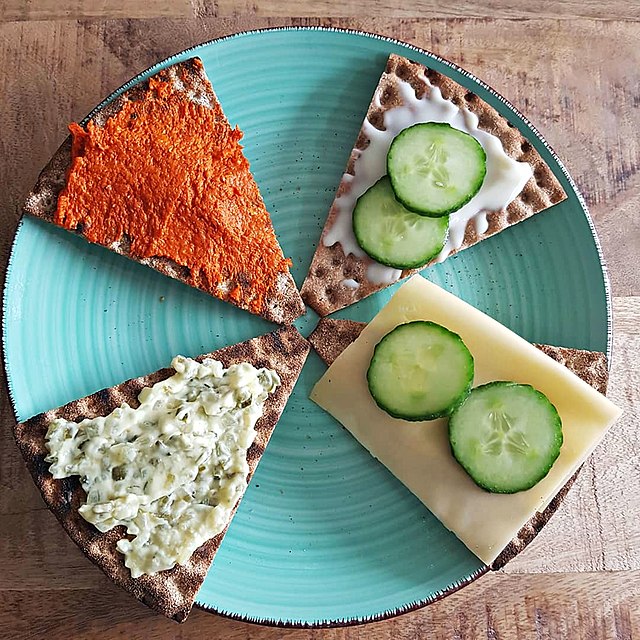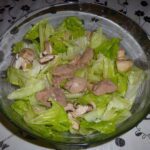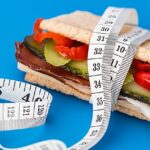In today’s fast-paced lifestyle, maintaining a healthy diet can be a challenge, especially for those who are unable or unwilling to cook. However, it is still possible to eat healthy without cooking. In this comprehensive guide, we will explore various strategies and options to help you achieve your health goals while avoiding the kitchen. By making informed choices and incorporating nutrient-dense foods into your daily routine, you can enjoy the benefits of a nutritious diet without the need for extensive cooking. Let’s dive in and discover how you can eat healthy, no matter your culinary skills.
Understanding the Importance of Healthy Eating
Eating a nutritious diet plays a vital role in our overall well-being and quality of life. Not only does it provide the necessary energy for our bodies, but it also helps in weight management, boosts immune function, and reduces the risk of chronic diseases.
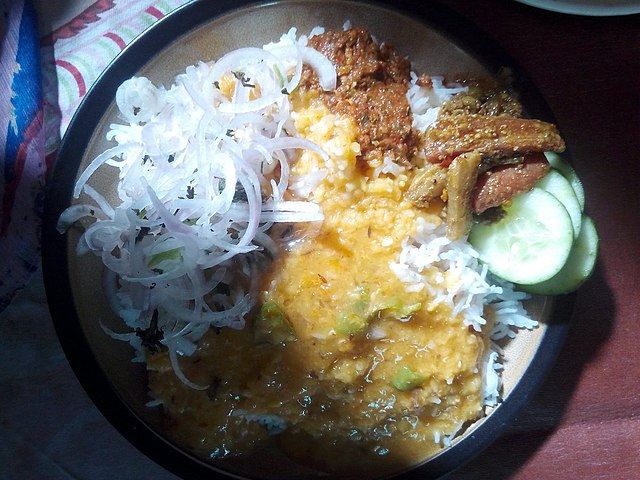
By fueling our bodies with the right nutrients, we can enhance our physical and mental performance, promote longevity, and improve our overall health. So, even if you’re not a master chef or don’t have access to cooking facilities, it’s essential to prioritize healthy eating and explore alternative options that fit your lifestyle.
Exploring How To Eat Healthy Without Cooking
When it comes to eating healthy without cooking, there are several options to consider. One popular choice is following a raw food diet, which involves consuming primarily uncooked and unprocessed foods. Raw fruits, vegetables, nuts, and seeds are rich in essential nutrients and enzymes, which can have numerous health benefits.
Another convenient option is utilizing meal delivery services that cater specifically to healthy and ready-to-eat meals. These services provide pre-prepared, balanced meals that meet your dietary requirements, saving you time and effort in the kitchen. Additionally, meal replacement options like protein shakes, superfood powders, or bars can be an excellent choice for quick and nutritious meals on the go.
While exploring these non-cooking options, it’s important to consider factors such as convenience, nutritional value, and cost. Each approach has its pros and cons, so finding the right fit for your lifestyle and dietary needs is crucial.
Choosing Nutrient-Dense Foods
In knowing how to eat healthy without cooking, selecting nutrient-dense foods becomes even more important. These foods provide a high concentration of vitamins, minerals, and antioxidants while being easy to incorporate into your meals. Fruits, vegetables, whole grains, nuts, seeds, and legumes are excellent choices for their nutritional value and versatility.
Fruits and vegetables can be enjoyed raw, sliced, or blended into refreshing smoothies. They provide essential vitamins, minerals, and fiber, contributing to a healthy and balanced diet. Incorporating whole grains like oats, quinoa, and brown rice adds fiber, complex carbohydrates, and various nutrients to your meals. Nuts and seeds are rich in healthy fats, protein, and essential minerals, making them ideal for snacking or adding a crunch to salads and yogurt.
When it comes to legumes, options like canned beans or lentils require minimal preparation and are packed with protein, fiber, and other beneficial nutrients. These foods can be used in salads, wraps, or even blended into dips like hummus.
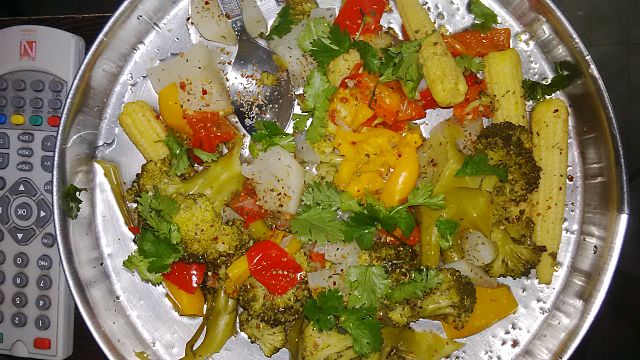
By incorporating these nutrient-dense foods into your daily meals and snacks, you can ensure that your body receives the necessary nutrients even without extensive cooking.
Smart Grocery Shopping for Non-Cooking Diets
When it comes to grocery shopping for a non-cooking diet, it’s important to make informed choices and prioritize healthy options. Start by reading food labels to understand the nutritional content of packaged foods. Look for products that are low in added sugars, sodium, and unhealthy fats, while being rich in fiber, vitamins, and minerals.
Stocking up on healthy snacks is crucial for maintaining a non-cooking lifestyle. Opt for fresh fruits, pre-cut vegetables, and pre-portioned nuts or seeds. These convenient options allow you to grab a nutritious snack on the go.
Meal planning is another valuable strategy. Take some time each week to plan your meals and make a shopping list accordingly. This approach not only saves time but also ensures that you have the necessary ingredients for quick and healthy meals. When dining out or traveling, research restaurants or locations that offer nutritious options to stay on track with your non-cooking diet.
Simple and Healthy Recipe Ideas for Non-Cooking Diets
Preparing delicious and nutritious meals without cooking is easier than you might think. Here are some simple recipe ideas to inspire your non-cooking culinary adventures:
- Energizing Smoothie Bowl: Blend frozen berries, a banana, spinach, almond milk, and a tablespoon of nut butter until smooth. Top with granola, sliced fruits, and a sprinkle of chia seeds.
- Fresh and Filling Salad: Combine mixed greens, cherry tomatoes, cucumber slices, avocado chunks, canned chickpeas, and a drizzle of olive oil and lemon juice. Toss gently and enjoy a vibrant and satisfying salad.
- Overnight Oats: In a jar, mix rolled oats, your choice of milk, chia seeds, and a touch of sweetener. Let it sit in the fridge overnight. In the morning, add fresh fruits, nuts, and a drizzle of honey for a nutritious breakfast.
- No-Cook Wraps: Spread hummus on a whole-grain tortilla and top with sliced turkey or chicken, and fresh veggies like lettuce, cucumber, and bell peppers. Roll it up and enjoy a quick and nourishing wrap.
- Assemble-Your-Own Bowl: Create a bowl with a base of quinoa or brown rice, and add a variety of toppings like black beans, corn, diced tomatoes, sliced avocado, and a dollop of Greek yogurt for a creamy finish.
These recipe ideas are just the beginning, and you can customize them to suit your taste preferences and dietary needs.
Essential Tips for Maintaining a Healthy Non-Cooking Lifestyle
Adopting a healthy non-cooking lifestyle requires commitment and consistency. Here are some essential tips to help you succeed:
- Practice portion control: Be mindful of your portion sizes to ensure you’re consuming a balanced amount of nutrients.
- Embrace mindful eating: Pay attention to your body’s hunger and fullness cues. Eat slowly, savor your food, and be present during mealtimes.
- Stay hydrated: Drink an adequate amount of water throughout the day to support digestion, metabolism, and overall well-being.
- Incorporate physical activity: Regular exercise is crucial for maintaining a healthy lifestyle. Find activities you enjoy and make them a part of your routine.
- Manage cravings: Find healthier alternatives to satisfy cravings, such as opting for a piece of dark chocolate or a handful of nuts instead of sugary treats.
- Navigate social situations: Communicate your dietary preferences to friends and family and be proactive in suggesting restaurants or activities that align with your non-cooking lifestyle.
Conclusion
Knowing how to eat healthy without cooking is not only possible but also enjoyable and convenient. By understanding the importance of nutrition, exploring non-cooking options, choosing nutrient-dense foods, shopping smartly, trying out simple recipes, and adopting essential lifestyle tips, you can maintain a healthy diet without spending hours in the kitchen.
Remember, small changes can make a big difference in your overall well-being. So, take the first step towards a healthier you and embark on this journey with confidence. Subscribe to our newsletter for more healthy eating tips and explore additional resources on nutrition and wellness. Your health is worth it!

